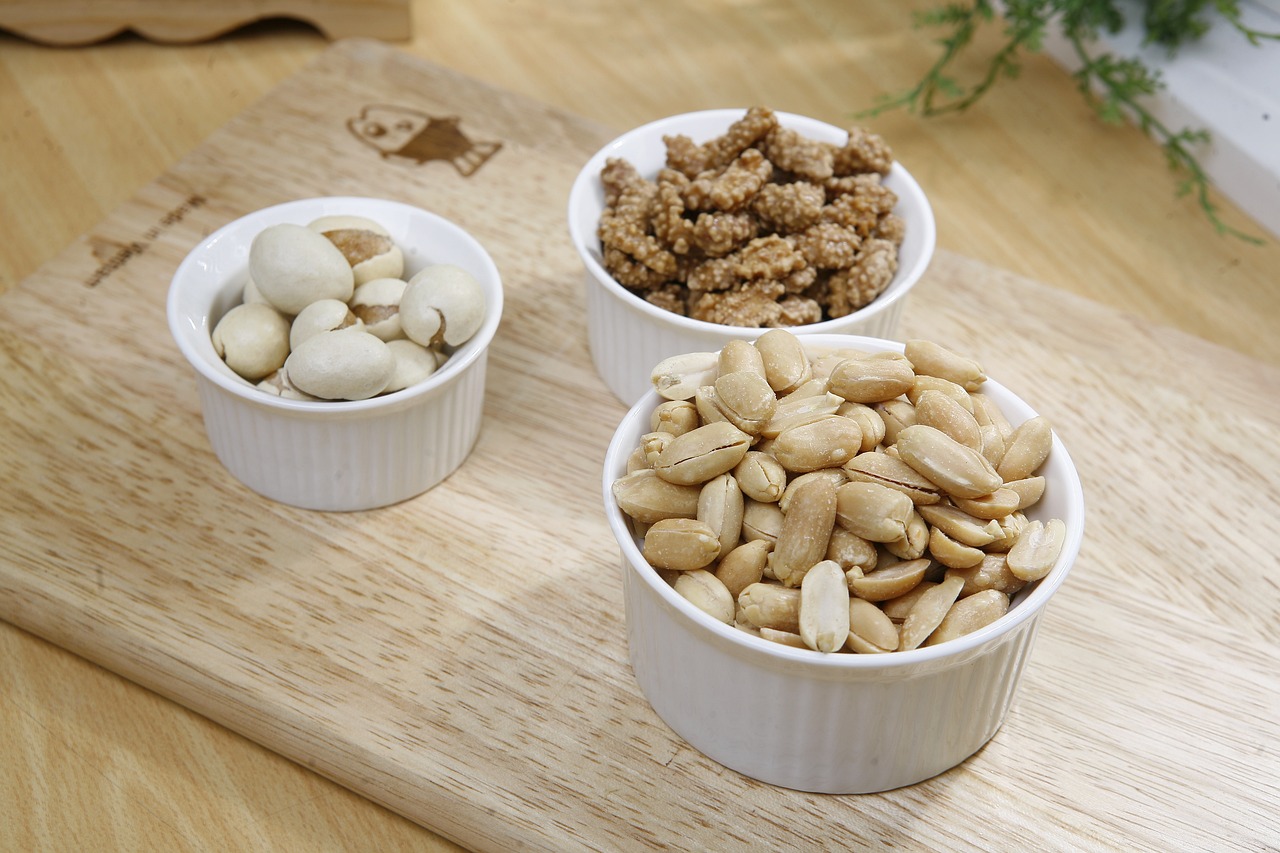The role of professions in nursing homes: How they contribute to good and safe care
This article is translated with AI and written from a Swedish perspective. Hopefully, it can inspire interested individuals from other countries.
The various professions at a nursing home each have their unique area of expertise, but together they contribute to a holistic view of the elderly person's health and well-being. Through close cooperation, they can ensure that the residents receive the care and support they need for a good quality of life. Each profession plays an important role, and their efforts complement each other to create a safe and healthy environment for the residents.
The Importance of Different Professions' Competence in Elderly Care Homes
In an elderly care home, several different professions collaborate to ensure good and safe care for the residents. Each profession has its unique area of competence, and together they contribute to a holistic view of the elderly person's health and wellbeing. Here we describe the significance of nursing assistants, nurses, dental hygienists, doctors, physiotherapists, occupational therapists, speech therapists, and dietitians for elderly people living in an elderly care home.
Nursing Assistant
Nursing assistant is a protected professional title that may only be used by those who have completed a three-year nursing program in high school or undergone other training that provides the same competence. They have a solid education to meet people in need of care. The nursing assistant who has the primary care contact is often referred to as a contact person or care contact responsible for planning the support to the resident together with the resident and their relatives. The agreement is documented in a care plan.
Nursing assistants have a broad knowledge of aging and diseases of aging, as well as how best to help a person who needs help with care in areas such as personal hygiene, meals, activities, etc. The nursing assistant also plays a crucial role in observing and reporting changes to other professions such as skin changes, pain, eating difficulties, etc.
Those who work in direct care with the residents but lack training as a nursing assistant are often referred to as care assistants.
Nurse
The nurse is often the profession that, besides the care staff, has the closest and most continuous contact with the residents.
Nursing – Support to nursing assistants in more specific basic care, such as when there are challenges around help with personal hygiene, skincare, and meals.
Disease prevention work – Prevent pressure ulcers, fall injuries, and malnutrition.
Investigate changes in health - Examine and follow up in connection with changes in health status, for example, follow-up of vital parameters, assess whether the patient needs to go to the hospital, investigate incontinence and prescribe incontinence aids, establish wound care plans, prescribe pressure ulcer preventive mattresses, turning schedules, fluid lists and other preventive and palliative measures in connection with deteriorating health status.
Coordination – Coordinate care and be a link between different professions and the home's staff.
Significance for the elderly:
The nurse ensures that the residents receive the care and support they need in their daily life and that any health problems are detected and managed in time.
Physiotherapist
The physiotherapist focuses on movement and physical function. The area of competence includes:
Movement training – Provide exercises and training to improve mobility, strength, and balance.
Pain Relief – Help to reduce pain through various treatment methods.
Preventive work – Prevent fall injuries and promote physical activity.
Significance for the elderly:
The physiotherapist helps the residents maintain or improve their physical function, which is crucial for the quality of life and as independent life as possible. Often, the support is also provided through continuing education and instructions to the care staff.
Occupational Therapist
The occupational therapist focuses on promoting independence and participation in everyday life. The area of competence includes:
Adaptation of the environment – Adapt the living environment to facilitate everyday life, for example with aids.
Training of everyday activities – Help the residents to practice and perform everyday activities like eating, dressing and washing.
Cognitive training – Support residents with cognitive difficulties, for example in dementia.
Significance for the elderly:
The occupational therapist helps the residents maintain their independence and participation in everyday life, which is crucial for their wellbeing.
The occupational therapist specializes in work postures and therefore provides training in transfer techniques so that transfers can take place with the least possible workload for the staff and comfortably for the elderly.
The areas of competence of the physiotherapist and the occupational therapist partially overlap, and they often collaborate around the elderly.
Physician
The physician has overall responsibility for the medical treatment. The area of competence includes:
Diagnosis and treatment – Make diagnoses and prescribe treatments for various diseases and conditions.
Medication management – Prescribe and follow up on medication use. Most people living in elderly care homes take several medications. Annual medication reviews are an important part to minimize side effects and provide the best medication treatment.
Preventive medicine – Prevent diseases and promote health.
End-of-life care - Through assessments, breakpoint conversations, changes in medication treatment prepare the resident and relatives when the end of life begins to approach.
Significance for the elderly:
The physician ensures that the residents receive the correct medical treatment and that any health problems are handled appropriately.
Dental Hygienist
The dental hygienist focuses on oral health, which is an important part of the elderly person's overall health. The area of competence includes:
Oral care – Cleaning of teeth and gums, and preventive treatment against caries and tooth loss.
Teaching – Provide advice and support to both the residents and the staff on how to maintain good oral health. Often the dental hygienist provides instructions on how the staff can best assist the resident with oral health.
Significance for the elderly:
Good oral health is crucial to be able to eat and speak without problems, which in turn affects the quality of life and nutrition.
The nurse also has a responsibility to regularly follow up on oral health, as the dental hygienist is not often at the elderly care home.
Dietitian
The dietitian focuses on nutrition and diet. The dietitian is not normally at the elderly care home but can be consulted if needed. The area of competence includes:
Dietary assessment – Assess the residents' nutritional status and identify the risk of malnutrition.
Diet planning – Set up individual diet plans to ensure sufficient nutrient intake.
Teaching – Provide advice and support to both the residents and the staff on how to promote good nutrition.
Significance for the elderly:
The dietitian ensures that the residents receive the nutrition they need to maintain their health and energy.
Speech Therapist
The speech therapist focuses on communication and swallowing. The speech therapist is not normally at the elderly care home but can be consulted if needed. The area of competence includes:
Swallowing training – Help the residents with swallowing difficulties to prevent malnutrition and that the resident gets food in the windpipe.
Communication training – Support the residents with speech and language difficulties, for example after a stroke or in dementia.
Significance for the elderly:
The speech therapist ensures that the residents can communicate and eat safely, which is crucial for their health and social participation.
Medical Foot Care
Residents with diseases that carry an increased risk of wounds on the feet may be entitled to medical foot care.
Reflection Questions - Competences
Care Staff
- How do you collaborate with the nurse and other professions in your daily work?
- What is the significance of the work of the dental hygienist and dietitian for the health of the residents?
Manager, Nurse, Occupational Therapist, and Physiotherapist
- What does the collaboration between different professions look like in your elderly care home?
- Are there any areas where the collaboration could be improved?
Residents and Relatives
- Do you feel that the work of different professions contributes to good and safe care?
- Are there any areas where you would like more support or efforts?
Erland Olsson
Specialist nurse
Sofrosyne - Better care every day

Aktuellt i media
-
2025-04-23 04:00
13 Hygien
Storage tends to attract all the world's junk. Order, clearing and cleaning of storage is a necessary recurring task.
info Bild: Pixabay
Bild: Pixabay -
2025-04-14 04:00
08 Förebyggande o lokaler
The art of furnishing a nursing home, a balancing act between homeliness, functionality, and hygiene aspects.
info -
2025-04-10 04:00
04 Bemötande
Waking up in a nursing home - is the morning routine adapted to each individual's needs?
info Bild: Pixabay
Bild: Pixabay -
2025-04-07 04:00
09 Mat och måltid
For the elderly, it is often important to eat many snacks in order to get enough nutrition.
info Bild: Pixabay
Bild: Pixabay -
2025-04-03 04:00
04 Bemötande
What creates safety in elderly care homes - advice and tips on creating a secure environment for the residents
info -
2025-04-01 00:00
10 Aktivitet o funktionsbevarande arbetssätt
Reminiscing, working with memories, is an activity that creates a lot of added value for people with dementia.
info

